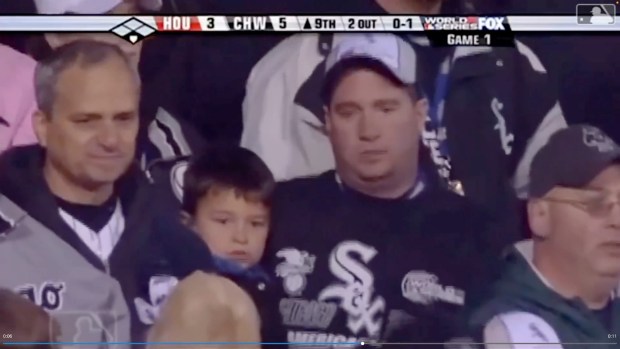Much-needed affordable housing units are coming to Highland Park later this year as part of a long working relationship between the city and a nonprofit housing organization.
A grant agreement between the Highland Park Community Land Trust program and Community Partners for Affordable Housing (CPAH) for this year’s scattered-site affordable housing plan was approved by the city’s Housing Commission on Feb. 7.
The grant from the Community Land Trust (CLT) provides 20% of CPAH’s proposal, or $255,000, for the organization to acquire, rehabilitate and sell three single-family homes.
Since 2004, CPAH has been working with the city to develop more affordable housing, CPAH President Rob Anthony said. The city generally supports three CLT homes per year, but sometimes CPAH acquires five homes or focuses on rental units, depending on the market, Anthony added.
Across Lake County, housing construction in general, but particularly affordable housing, is falling behind population growth which could lead to a significant housing shortage by 2027, according to a housing study commissioned by Lake County Partners last year.
Furthermore, 15 Lake County municipalities, including Highland Park, were identified by the Illinois Housing Development Authority (IDHA) as having critical affordable housing deficiencies.
Homes purchased by CPAH are typically three-bedroom, single-family homes and will only be sold to households earning less than 80% of the area median income, or about $88,250 for a four-person family.
The Highland Park median household income is estimated to be over $147,000, according to the CPAH plan presented to Highland Park.
The target population for the CPAH homes are residents who are low-income and rent, regional workers who cannot afford to live in the area, single-parent households, large families, people with disabilities and families at risk of losing their housing due to personal or economic hardship.
Current CPAH residents include local retail staff, nonprofit employees, teacher assistants, health care workers, childcare providers, city workers, persons with disabilities, seniors and other low-wage earners in the public and private sectors.
An estimated timeline for the project anticipates acquiring the three housing units by June 2024 and completing the rehabilitation and sale by December 2024. In the spring, the nonprofit expects to break ground on eight new townhomes in Highland Park as well.
Anthony said the organization has not yet identified properties to purchase, but they could be anywhere in the Highland Park boundaries.
“Traditionally what we would do is really look for some of the worst properties in the community because we provide that double benefit of improving the housing stock and cleaning up the properties,” Anthony said.
However, a limited available housing stock due to high interest rates for new mortgages has made it challenging to find homes in the price point CPAH needs to keep the homes affordable, Anthony said.
To date, CPAH has acquired and rehabilitated 71 units of affordable housing in Highland Park through the Community Land Trust Program.
Affordable in perpetuity
“The Community Land Trust model is really effective at allowing would-be renters the opportunity to buy at a lower cost and build wealth and equity through homeownership,” Anthony said.
The Highland Park Community Land Trust was developed after community concern over the lack of affordable housing and how the shortage can negatively affect inclusionary practices.
The CLT model helps to leverage a public contribution with other donations and grants collected by CPAH to purchase homes to be sold to low-income families. The homes can only be resold to other low-income families, or back to CPAH, to maintain a permanent infrastructure of affordable housing.
It takes a lot of funding to make a home affordable, especially in a community like Highland Park, which has high home and land values, Anthony said.
“The benefit to the community is that (a city) is making a one-time investment into a home to make it affordable,” Anthony said. “We’re building an infrastructure of affordable housing in Highland Park that will remain affordable in perpetuity.”
Anthony said it can be a challenge to get a large subsidy upfront from local governments for the CLT program, but in the long run, it’s one of the most cost-effective affordable housing models.
To ensure long-term homeownership stability, CPAH requires all homebuyers to complete pre-purchase education and counseling to prepare for responsible homeownership. Additionally, the nonprofit offers classes about home maintenance, finances and other relevant topics to help residents succeed.



